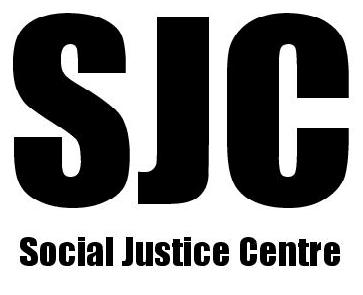Surveillance
"Photo by NEC Corporation of America with Creative Commons license."
Project Team Leader: Dan Lett, Department of Criminology, KPU, Dan.Lett@kpu.ca
Surveillance is a rapidly proliferating set of practices that permits authorities and private citizens to collect, analyze, and disseminate information through rapidly developing technological means. Few activities in our public or private lives are not affected in some way by surveillance, and it is arguably becoming the dominant regulatory technique in modern societies. Modern surveillance practices can be as overt as cameras and government-issued ID cards, or less visible forms such as credit scores, medical records, cell-phone meta-data, and Internet-connected household appliances. What they all have in common is they give groups and individuals the ability to use the information they collect to intervene in and affect the lives of people in ways that can have critical implications for values of privacy and justice.
In the context of Surrey, The Social Justice Centre recognizes that the lives of poor and homeless people, and the places where they live, are regularly subjected to more intrusive and punitive forms of surveillance (by police but also by social service, housing, medical agencies, etc.).
"Photo by Reuters/Creative Commons license"
Links
Surveillance and Society Journal http://www.surveillance-and-society.org
Amnesty International Surveillance & Human Rights: http://www.amnesty.ca/our-work/issues/surveillance-security-and-human-rights
Report from the Queens University Surveillance Cameras Awareness Network (SCAN) project: http://www.sscqueens.org/sites/default/files/SCAN_Report_Phase2_Dec_18_2009.pdf
For more information, please contact:
Dan Lett, Dept. of Criminology, KPU, Dan.Lett@kpu.ca
Jeffrey Shantz, Dept. of Criminology, KPU, Jeffrey.Shantz@kpu.ca
Mike Larsen, Dept. of Criminology, KPU, Mike.Larsen@kwantlen.ca







